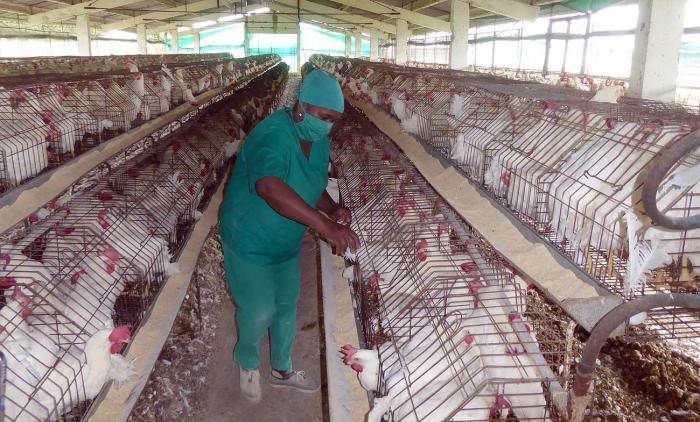After confirming the presence of the A (H5N1) variant of avian influenza for the first time in the country on Tuesday, Cenasa explained that thanks to the rapid and efficient implementation of the established protocols, the event is under control and does not compromise the national animal health situation. In a press release, Cenasa recalled that among the actions taken was the slaughter of infected captive birds, the sanitation of the place, and the quarantine of specimens surrounding the sources of infection, although they have not presented symptoms until now.
However, if a dead or sick bird is found, notify the nearest animal healthcare service, avoid direct unprotected contact with affected animals, and do not touch surfaces that could be infected with excretions or secretions from wild, poultry or backyard birds.
Authorities also suggested to avoid touching your mouth, nose or eyes after having contact with birds and to wash your hands frequently or use an alcohol- or chlorine-based sanitizer, when soap and water are not available.
Avian influenza, or bird flu, is a disease caused by type A avian influenza viruses, which are found naturally among wild waterfowl around the world, with the ability to infect free-range and backyard birds. Some strains can also infect humans.
From a total of six diagnoses made in duly accredited laboratories, the subtype of the virus that circulated in the outbreak that occurred at the zoo, in Havana’s Plaza de la Revolucion municipality, was identified.
In Cuba, the National Healthcare System has implemented a surveillance of acute respiratory infections and no deviations in the behavior of its incidence have been detected, nor the circulation of new respiratory viruses, the press release noted.
 Escambray ENGLISH EDITION
Escambray ENGLISH EDITION





Escambray reserves the right to publish comments.